While the American 101st and 82nd Airborne Divisions were engaged in fighting near the Dutch towns of Eindhoven and Nijmegen, respectively, and the British XXX Corps struggled up the 100 miles of narrow road from the Belgian frontier toward Arnhem, Operation Market Garden very likely was already lost.
The plan formulated by British Field Marshal Bernard Law Montgomery promised a lightning stroke across the rivers of Holland, including the Lower Rhine, and into the Ruhr, the industrial heart of Germany. A successful rapid thrust might indeed have shortened the war in Europe and lessened the number of casualties suffered, but several points in the plan were flawed.
To begin with, the all-important ground phase of the operation was to be conducted by XXX Corps, which had already seen weeks of severe fighting. Its troops were tired and its equipment worn. Rapid movement was a tall order for these men. In addition, one of the divisions, the British 1st Airborne, had never been in combat. It was commanded by General Robert Urquhart, who, although capable, was not an experienced airborne commander. Further, the 1st Airborne was assigned drop zones roughly 10 miles from its objective, the Rhine River bridge at Arnhem. With such a distance to cover, the element of surprise would be lost well before the bridge could be taken.
Due to the limited number of available aircraft, including gliders, and the size of the airborne phase of Market Garden, all of the men and equipment needed could not be delivered in one day. Resupply efforts were also hampered by the shortage of aircraft. The reinforcements of the 1st Polish Parachute Brigade did not arrive in the combat zone until the outcome had been decided.
Compounding the difficult situation was the inexplicable denial of intelligence reports from aerial reconnaissance and the Dutch resistance that heavy German units were located in the vicinity of Arnhem. In fact, the 9th and 10th SS Panzer Divisions were both in the Arnhem area on September 17, 1944, and provided a hot reception for the lightly armed British paratroopers. A German soldier also happened upon the wreckage of a glider and retrieved a complete set of the Market Garden plans. Soon, and very early in the operation, the Allied scheme was known in detail to the Germans.
The 2nd Battalion, 1st Parachute Regiment, commanded by Lt. Col. John D. Frost, was ordered ahead of the rest of the 1st Airborne to capture the Arnhem bridge. However, SS troops prevented its seizure and Frost’s men were cut off. Communication with Urquhart was impossible, and the paratroopers of the 2nd Battalion fought a heroic but futile battle against overwhelming odds before surrendering in the ruins of the buildings they had gallantly defended.
In retrospect, Montgomery’s ambitious plan might have succeeded in the absence of so many obstacles. The combination of tired ground troops, a narrow road, aircraft and supply shortages, a copy of the plan falling into German hands, and an experienced, well-positioned enemy force with which to contend proved to be more than heroism and devotion to duty could overcome.
The 1st Airborne Division was virtually destroyed, as only about 2,000 men escaped the encircling Germans at Arnhem. Other units engaged each suffered casualties of about a quarter of their strength. Some have claimed that Operation Market Garden was 90 percent successful in its execution, but frank examination reveals it to have been nothing more than a tragic defeat.
If blame for the debacle must be attached, then it rightly belongs with Montgomery and General Dwight D. Eisenhower, supreme commander of the Allied forces. While Montgomery planned Market Garden, it was Eisenhower who approved it. Both men were equally well intentioned, but the old military maxim rings true. An officer is responsible for what his troops do or fail to do.
Michael E. Haskew
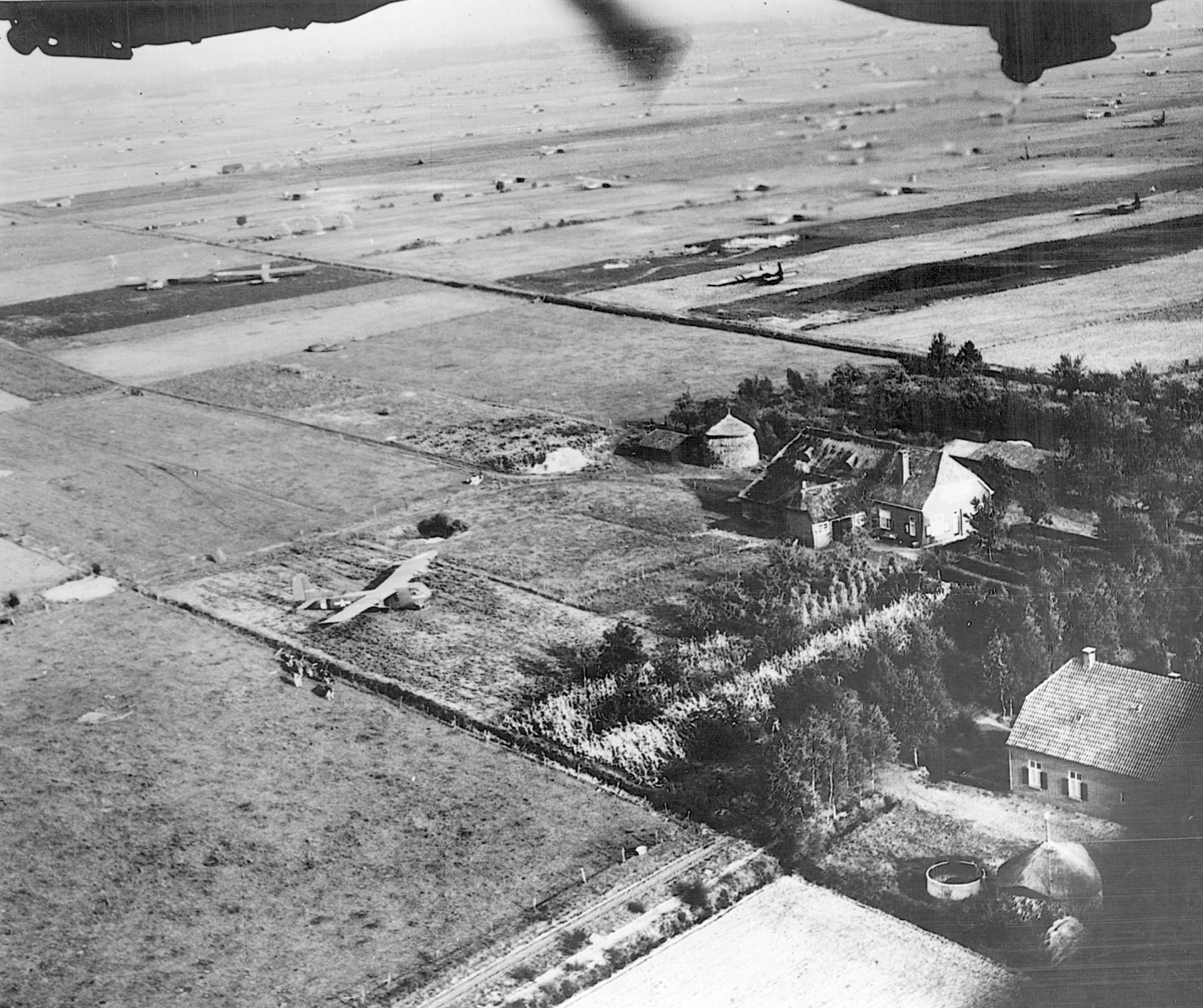
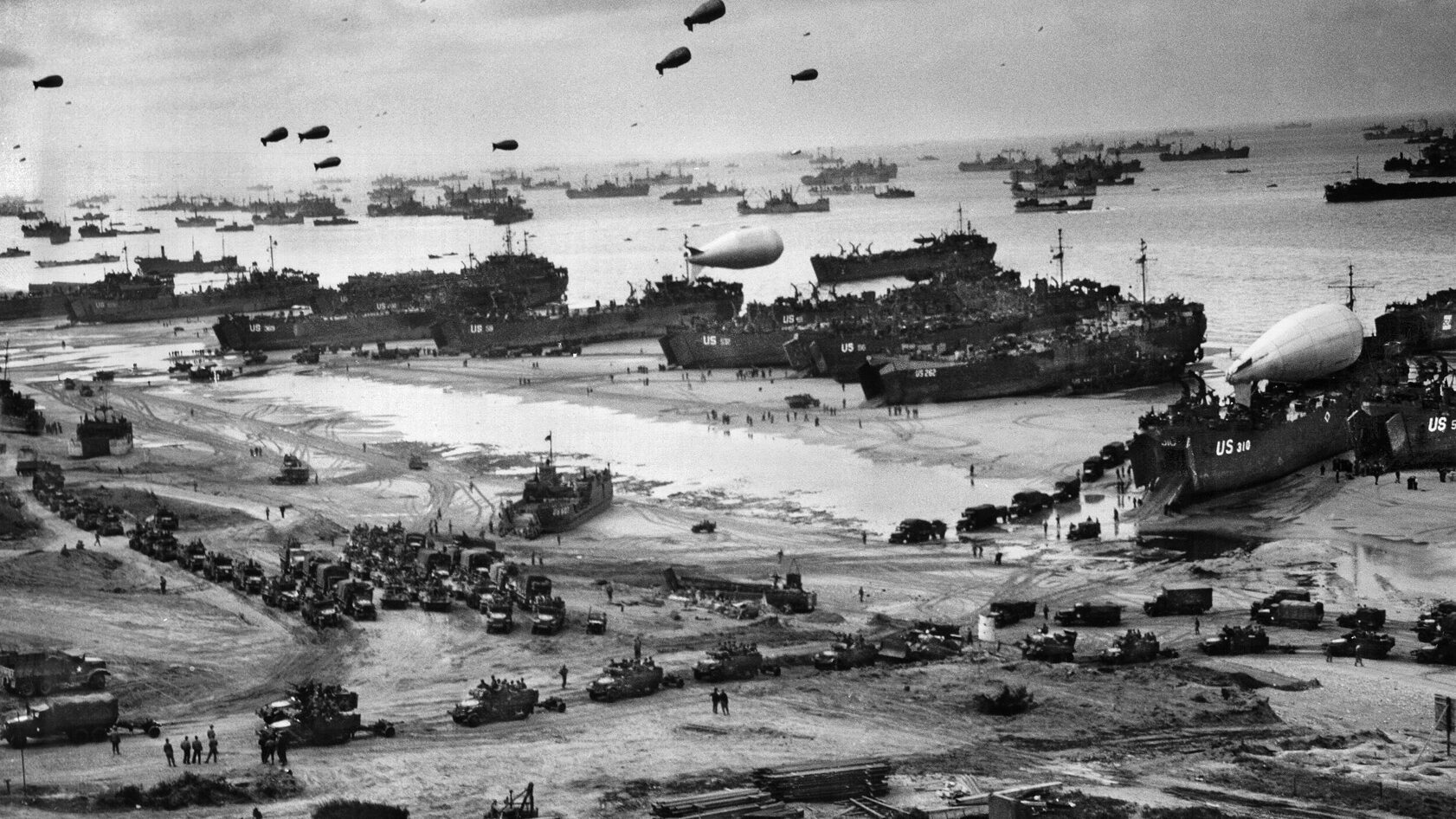
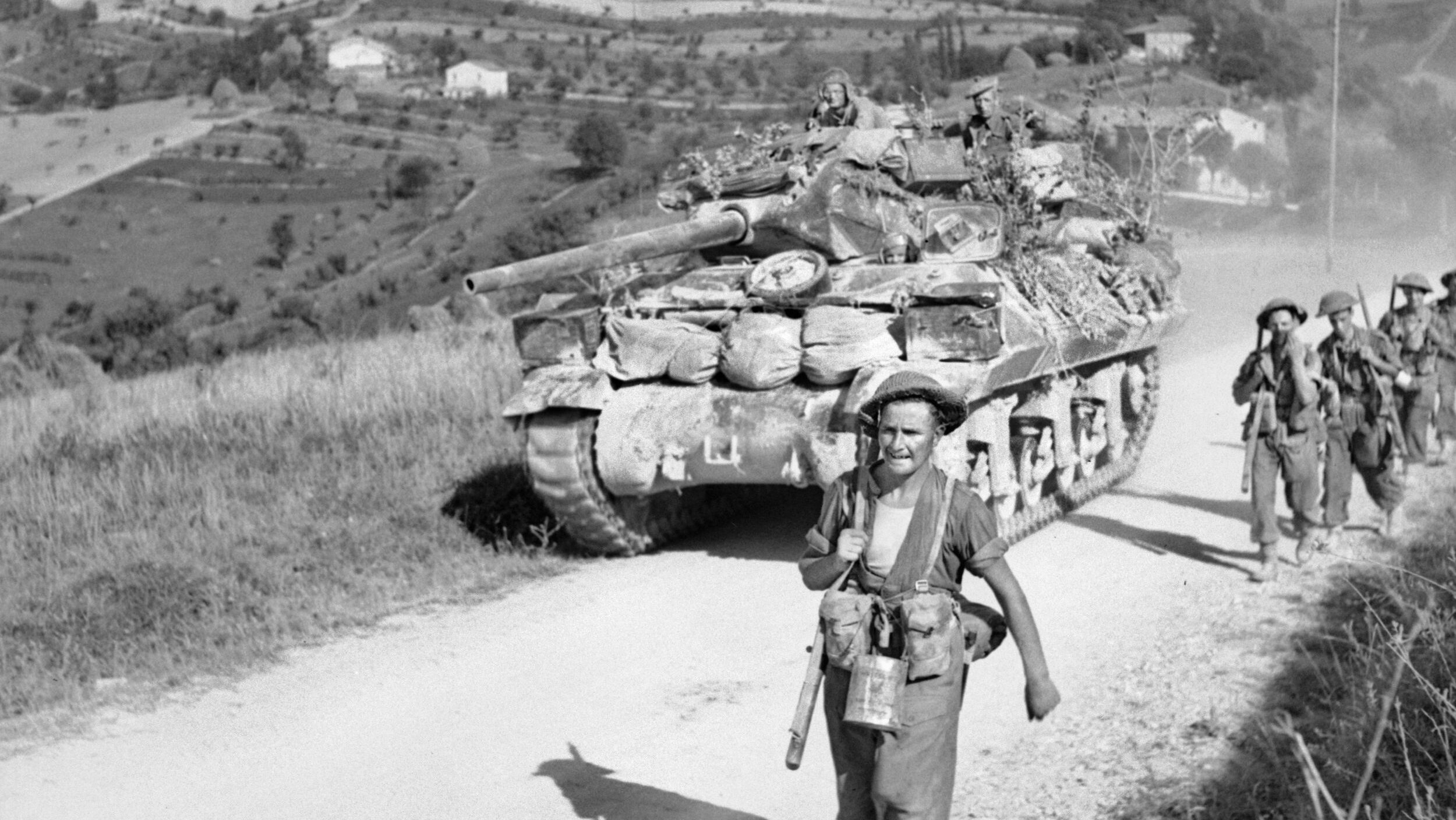

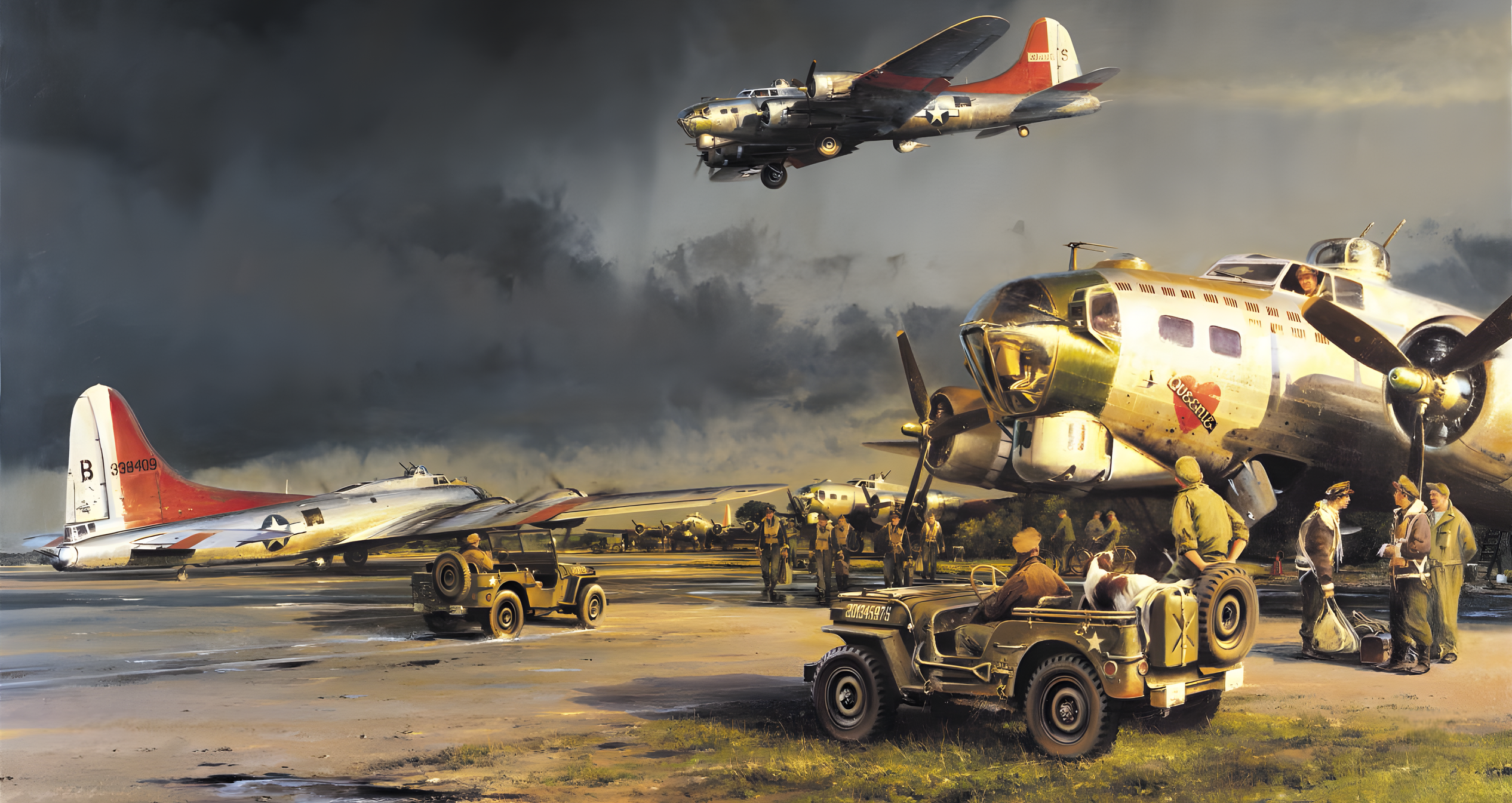
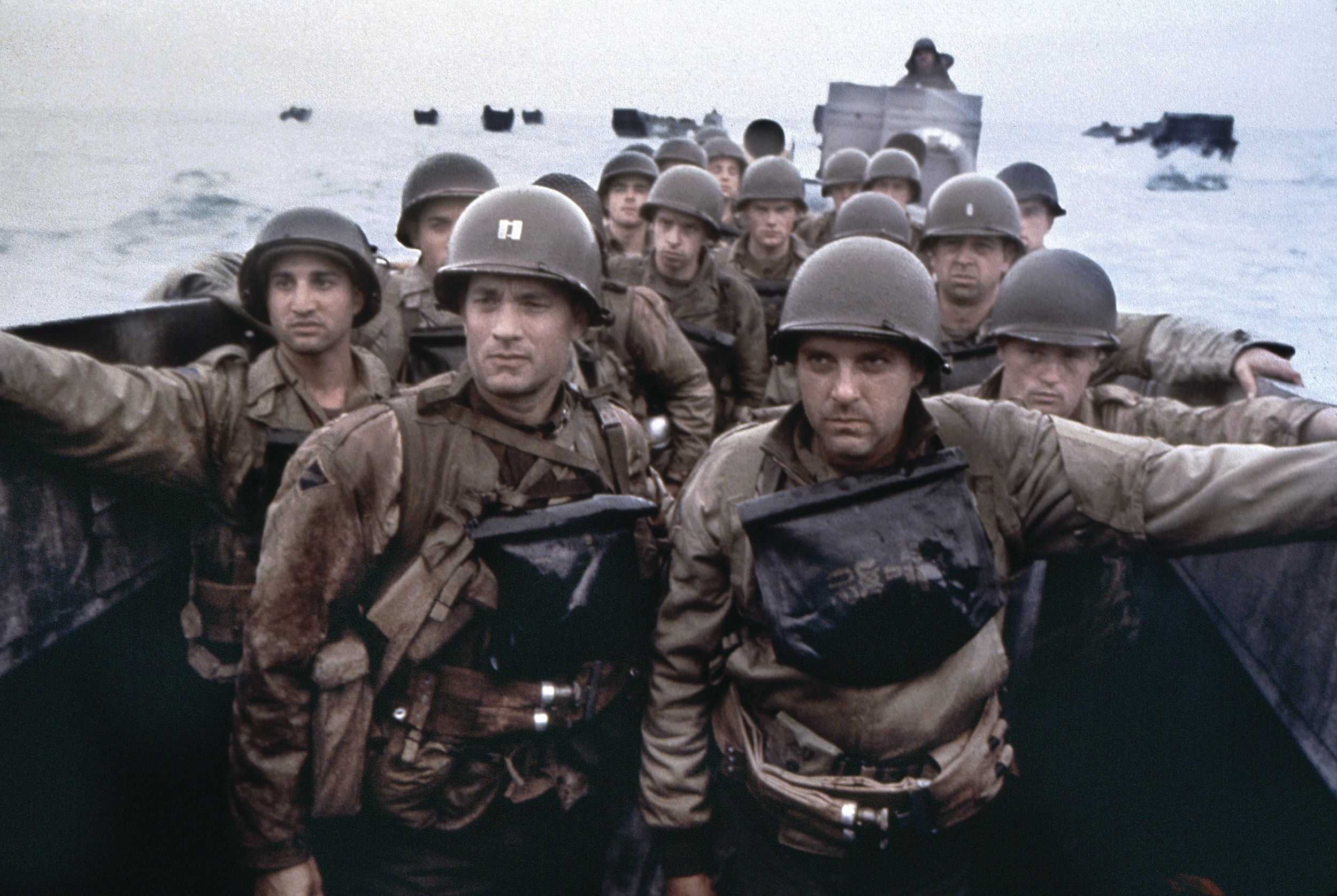
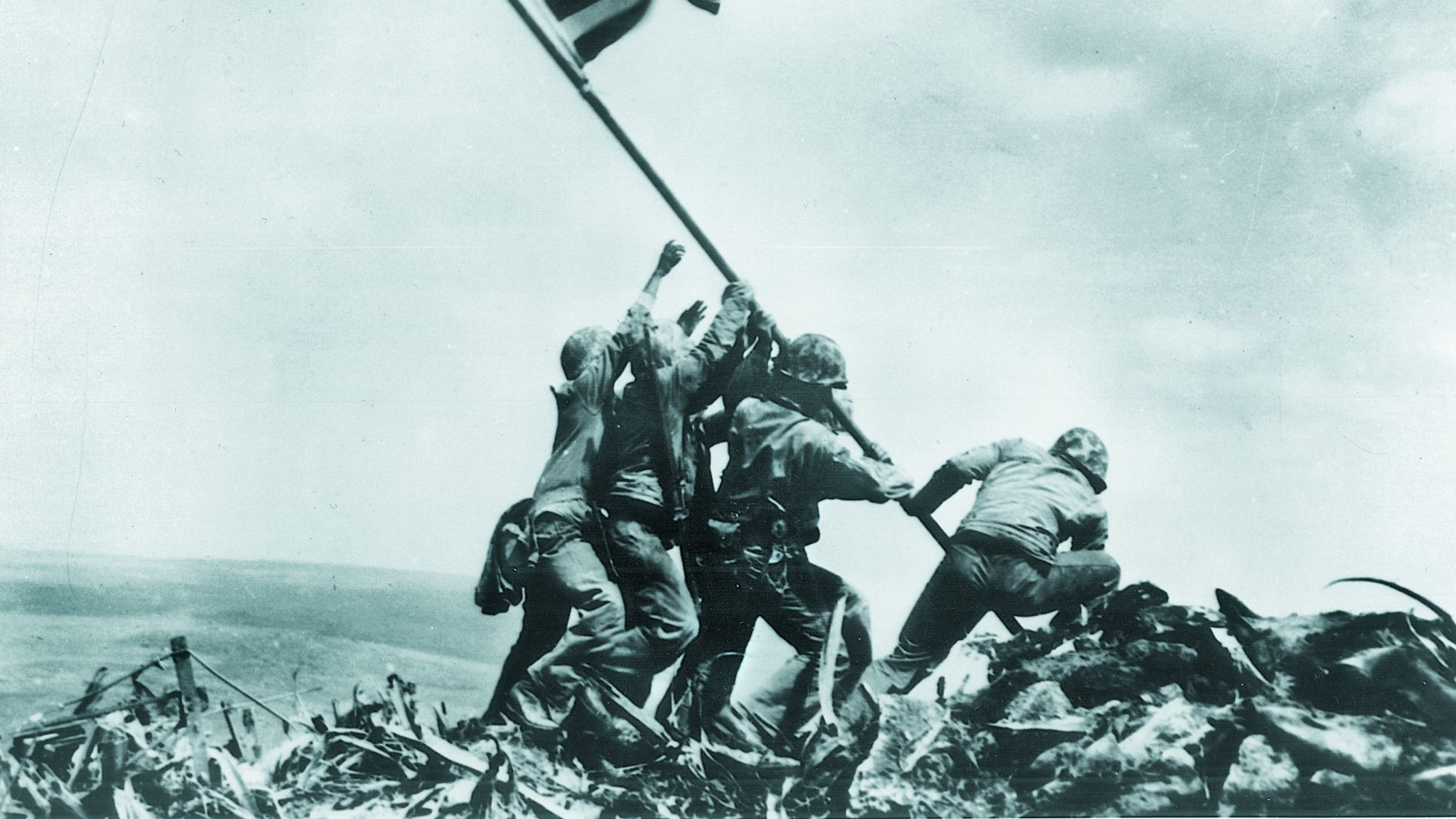
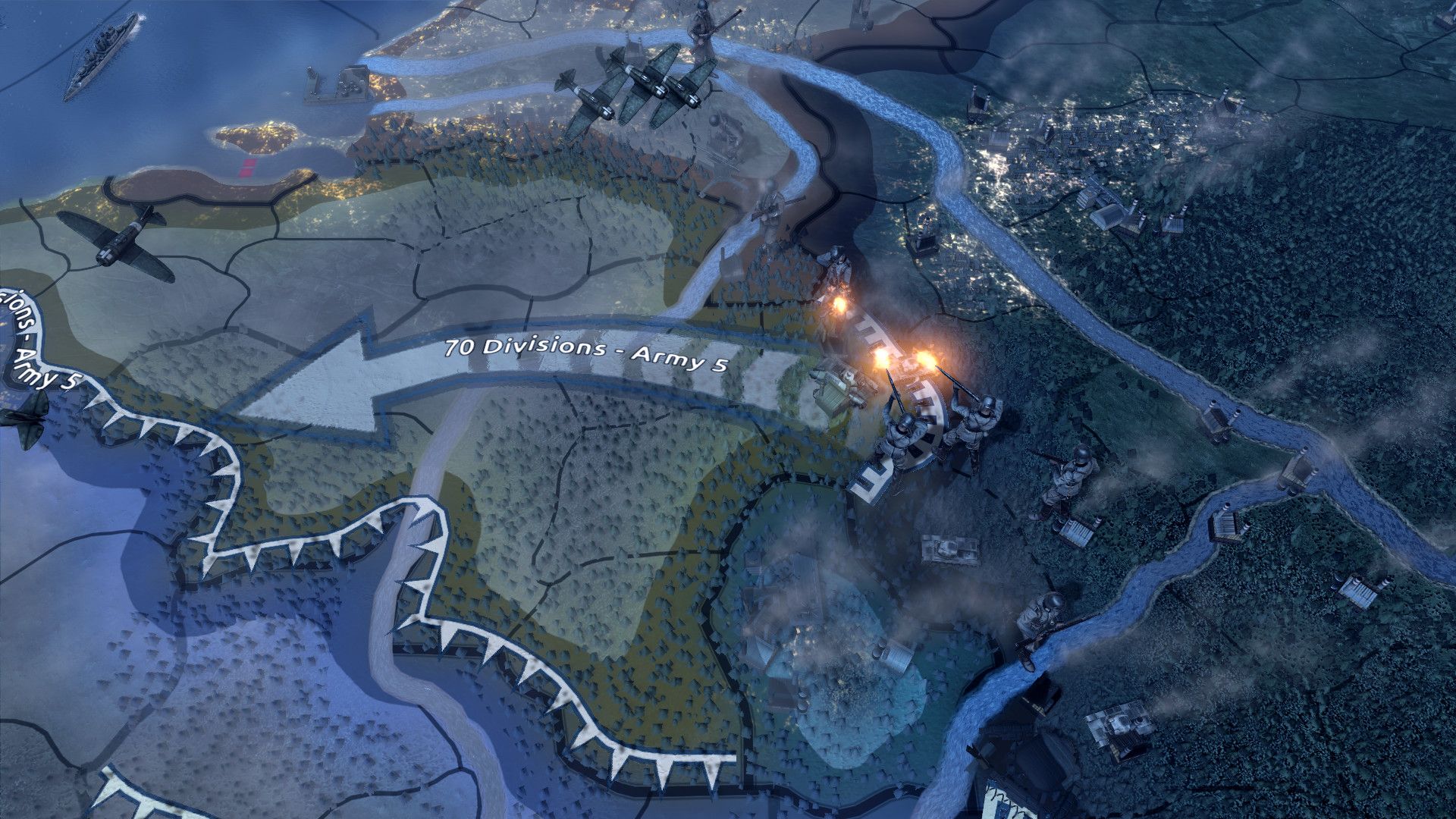
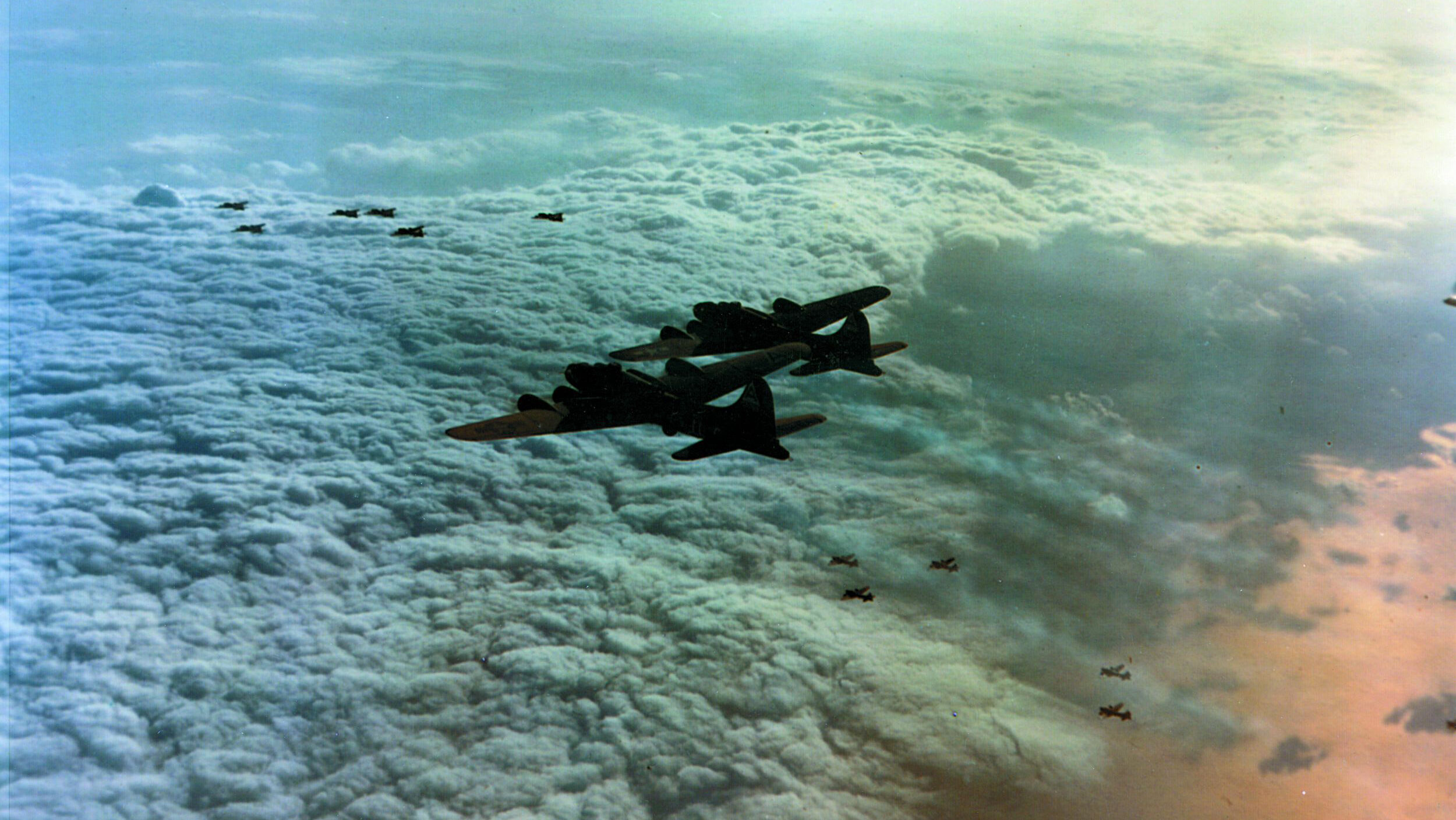
I dont like the englisch , why they are full of themselfs and follow theire rules instad the americans they follow their gut , come one radio did not worked they did not lisent to the dutch resetant that there a pansers precent and no respect to words the polisch soldiers
There appears to have been too much confidence by the allies that the Germans were on the brink of defeat as evidenced by the Allied breakout from the Normandy beach head and the relatively rapid advance over the almost three month period after that. Seems the lesson from WW I that a shorter defense line makes for easier resistance as forces can be concentrated where needed. The Germans knew that and the Allies forgot.